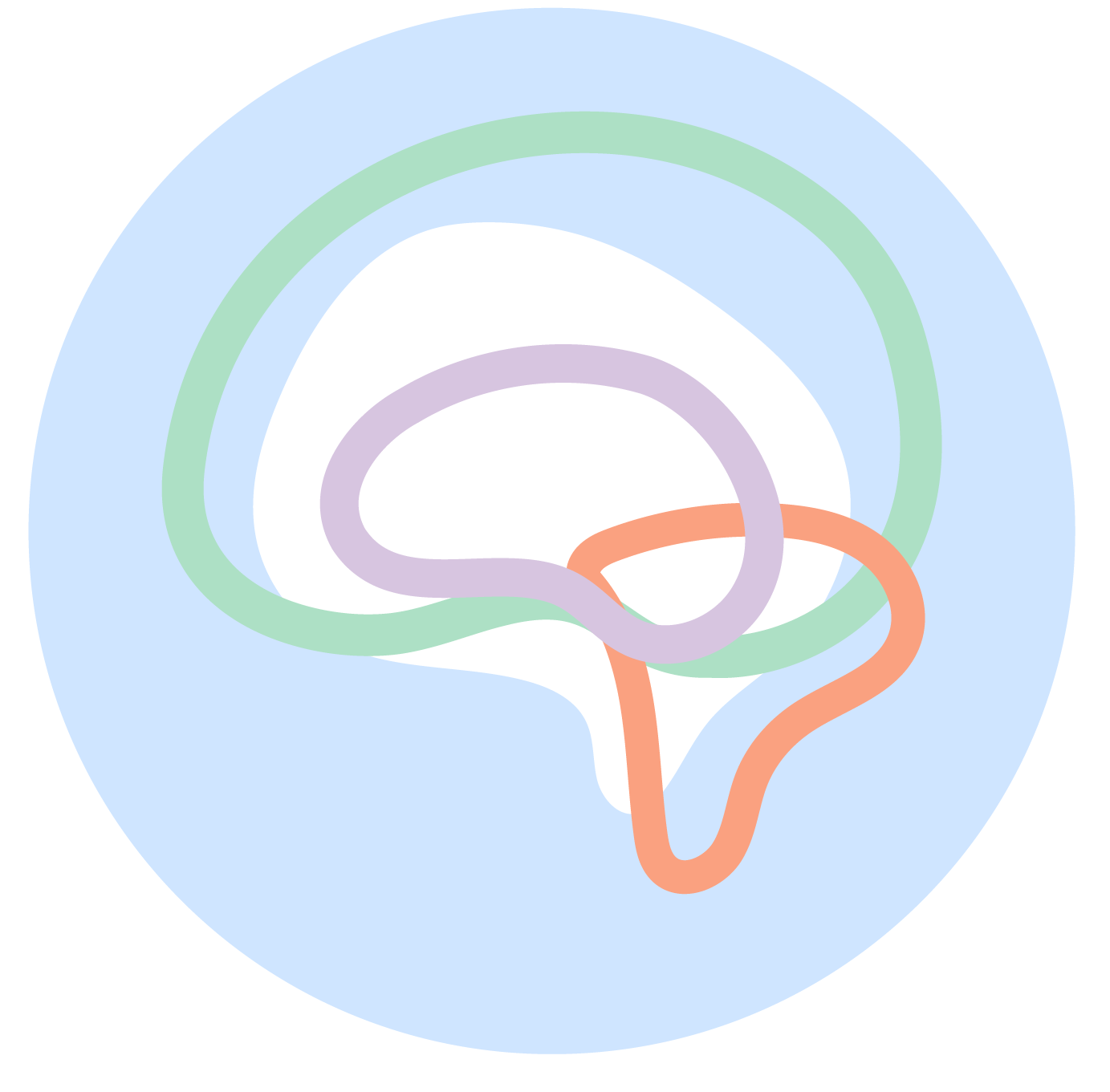How Teenagers Can Build Healthy Online Communities
It’s unrealistic for parents and educators to dismiss the importance of the digital world and punish teenagers for wanting to consume information online.
Here’s the truth: Not all online interactions are bad!
In fact, online communities can help teenagers find a sense of belonging, comfort, and confidence. But as teenagers,we have to make sure that the online communities we reach out to are both beneficial to our mental health and the well-being of those around us.
Here are a few tips on how you can find communities online that motivate you while also protecting your health and safety.
First, look for online communities that align with your hobbies, passions, or goals. Before joining a community, check its reputation, rules, and guidelines. Make sure it's a safe and positive space where members can support one another. What does that look like?
Be kind, respectful, and considerate when interacting with others.
Surround yourself with people who inspire and uplift you — ot people who put you down.
Find mentors or role models within the community who can guide you in a positive direction.
Remember, a healthy online community should be a place where you feel supported, respected, and encouraged to be your authentic self. Some examples of healthy online communities include,
Fitness and Wellness Communities: Online communities focused on health, fitness, and overall well-being.
Creative Communities: Whether you're into writing, art, photography, or music, there are online communities where you can share your creations and receive feedback from fellow artists.
Support Groups: Online support groups exist for various topics such as mental health, addiction recovery, grief, and more.
Educational Communities: Online learning platforms and forums bring together learners from all around the world. These communities provide opportunities to share knowledge, ask questions, and engage in discussions on various subjects.
Gaming Communities: Gaming communities allow gamers to connect, strategize, and compete with each other.
It's always important to be mindful of your online interactions and contribute positively to the community. To fully achieve this, we must practice healthy online habits and interactions, like:
Time Management: Healthy online habits involve setting limits on screen time and balancing it with other activities like exercise, hobbies, and spending time with loved ones.
Privacy and Security: Protecting personal information and being cautious about sharing sensitive details online is crucial for maintaining a healthy online presence.
Respectful Communication: Engaging in respectful and constructive conversations, avoiding cyberbullying, and treating others with kindness and empathy are hallmarks of healthy online interactions.
Critical Thinking: Developing the ability to evaluate the credibility of online information, fact-checking, and being mindful of potential misinformation is important for making informed decisions.
Positive Content Consumption: Consuming content that promotes positivity, inspiration, and personal growth can contribute to a healthy online experience.
As good as it is to recognize positive and healthy interactions, It’s important to note unhealthy interactions as well.
Excessive Screen Time: Spending excessive amounts of time online can lead to neglecting real-life responsibilities, relationships, and overall well-being.
Cyberbullying: Engaging in or being a target of cyberbullying can have severe emotional and psychological effects. It's important to avoid participating in or supporting such behavior.
Oversharing/Lack of Privacy: Sharing too much personal information online can lead to privacy breaches, identity theft, and potential harm.
Trolling or Harassment: Engaging in trolling, harassment, or spreading hate speech contributes to a toxic online environment and negatively impacts others. ‘
Falling for Misinformation: Failing to critically evaluate information can lead to the spread of false narratives, confusion, and potential harm.
Now that you’re familiar with the do’s and don’t of healthy online interactions, let’s also be aware of boundaries. Even with the right habits and communities, too much time online still isn’t sustainable for our wellbeing. It takes away from the precious memories and relationships we could be creating with the people around us physically.
It's important to maintain a healthy balance between your online and offline life. Make sure you're still engaging in real-life activities! Like, spending time with friends and family, and taking care of your physical and mental well being.
By fostering positive habits and interactions both online and offline, we can contribute to a healthier, safer, and more enjoyable online community for everyone.

